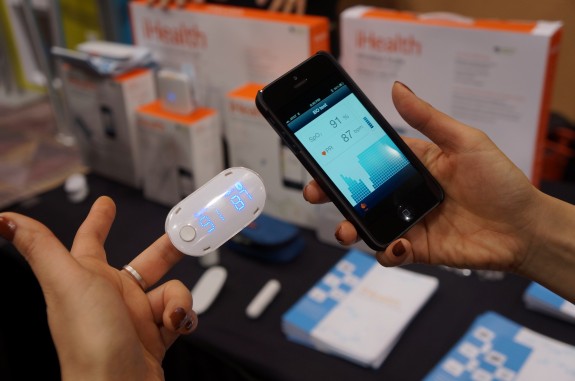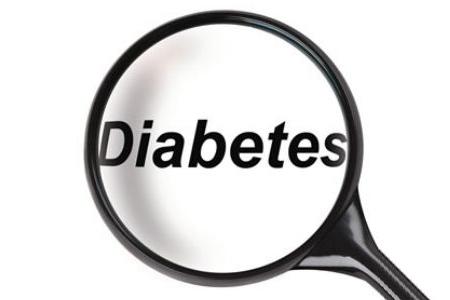…even after some 400 completed clinical trials in various cancers, it’s not clear why Avastin works (or doesn’t work) in any single patient. “Despite looking at hundreds of potential predictive biomarkers, we do not currently have a way to predict who is most likely to respond to Avastin and who is not,” says a spokesperson for Genentech, a division of the Swiss pharmaceutical giant Roche, which makes the drug.
That we could be this uncertain about any medicine with $6 billion in annual global sales — and after 16 years of human trials involving tens of thousands of patients — is remarkable in itself. And yet this is the norm, not the exception. We are just as confused about a host of other long-tested therapies: neuroprotective drugs for stroke, erythropoiesis-stimulating agents for anemia, the antiviral drug Tamiflu — and, as recent headlines have shown, rosiglitazone (Avandia) for diabetes, a controversy that has now embroiled a related class of molecules. Which brings us to perhaps a more fundamental question, one that few people really want to ask: do clinical trials even work? Or are the diseases of individuals so particular that testing experimental medicines in broad groups is doomed to create more frustration than knowledge?
Researchers are coming to understand just how individualized human physiology and human pathology really are. On a genetic level, the tumors in one person with pancreatic cancer almost surely won’t be identical to those of any other. Even in a more widespread condition like high cholesterol, the variability between individuals can be great, meaning that any two patients may have starkly different reactions to a drug.
More at the NYT.






